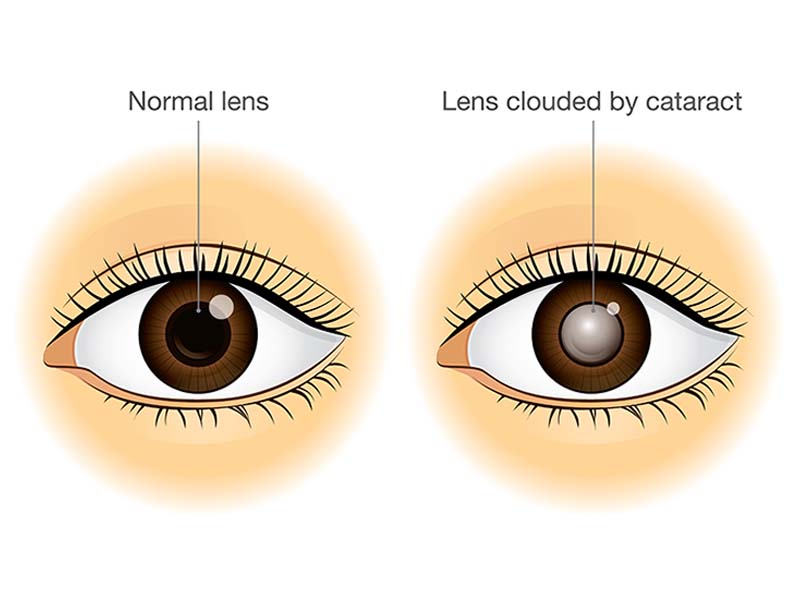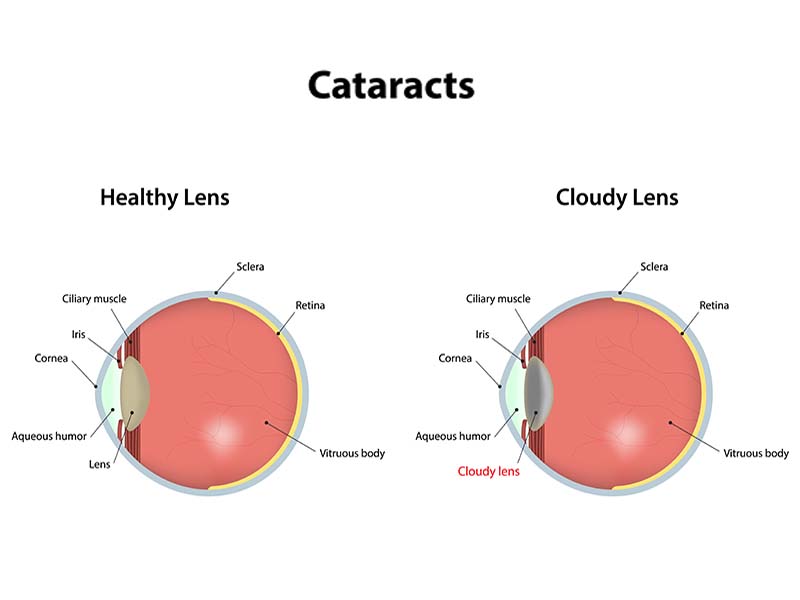Cataract surgery is a procedure to remove the lens of your eye and, in most cases, replace it with an artificial lens. Normally, the lens of your eye is clear. A cataract causes the lens to become cloudy, which eventually affects your vision. As cataracts grow, they can cause more symptoms. You could have dim or blurred vision. You may also have double vision when you look at things through the eye with the cataract. These problems can make it hard to read, work on a computer, and do anything else that calls for clear eyesight. You may have poor night vision and find it harder to drive when it's dark. You may be sensitive to glare from headlights. People with advanced cataracts can even fail the vision part of a driver's test. If you have any of these symptoms, Cataract surgery is the solution for you.




1.png)